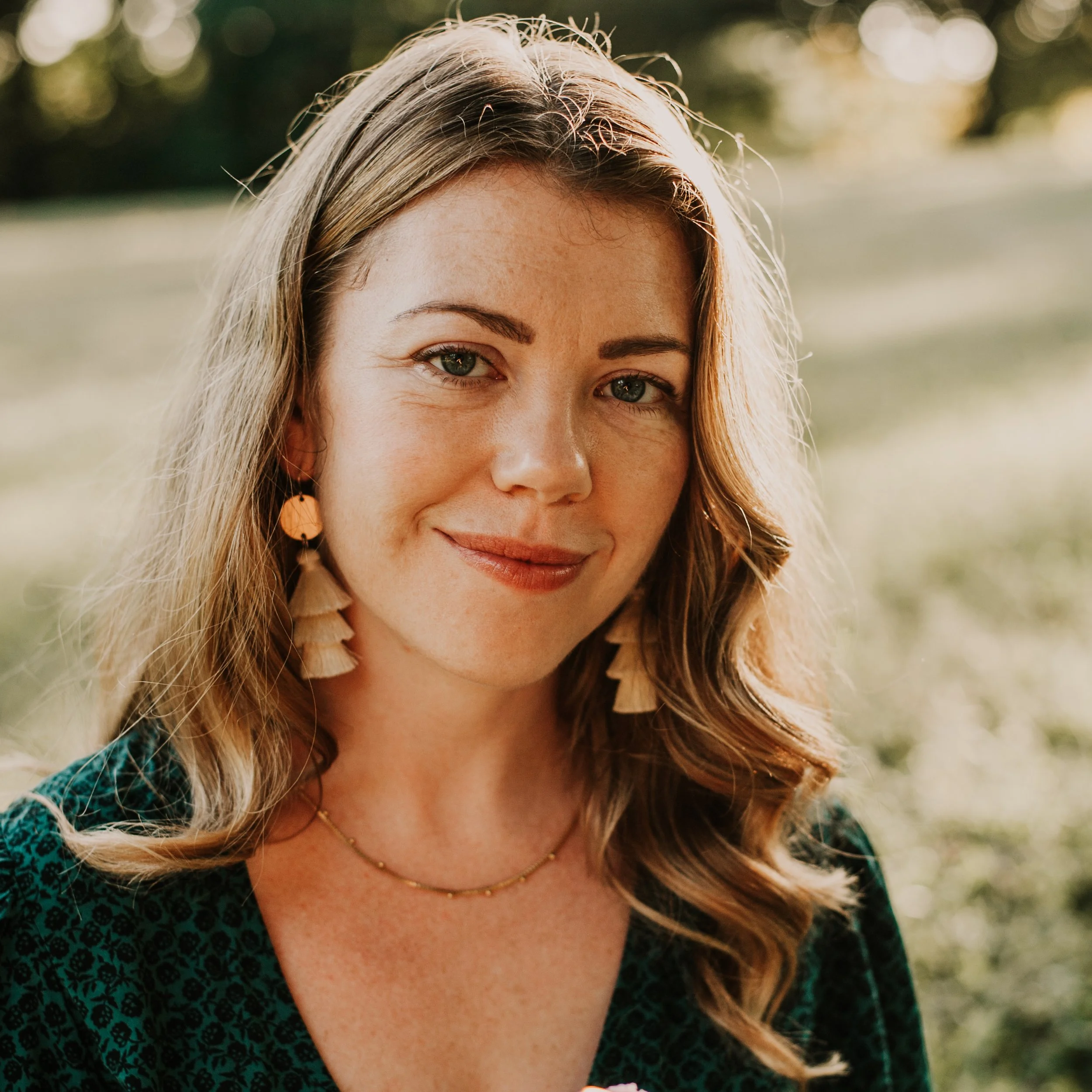How to prepare for a “free consult call” before working with a therapist
Many therapists offer free 15-20 minute consult calls. I require them. Read on to discover why this is such a helpful and important first step to starting therapy.
—
Therapy is an incredible investment of time, energy, emotions, and finances. And for all that effort, there can be a tremendous payoff in transforming our relationships, healing our trauma, and developing numerous skills to be resilient in the face of life’s challenges.
However — the big caveat here is that it largely depends on the quality of your therapeutic relationship.
This has been well-documented in research that regardless of a therapist’s training, specialties, certifications, etc., the strength of the therapeutic relationship is the biggest factor in whether the treatment will be successful.
Which is why I recommend that clients and therapists interview each other before working together.
Today, I’m giving you a peek behind the curtain to see how I approach consult calls as a licensed marriage & family therapist.
To start, here are questions I often ask potential clients:
1) What are you hoping to get out of therapy?
This question helps me to understand the goals and motivations of potential clients — and whether these goals align with what I offer. Particularly when it comes to couples, it helps me get a sense of whether each person is on the same page or if there are mixed agendas. I also explore if there have been past experiences of therapy, to gage where we are in working on issues.
2) Briefly describe the challenges that brought you here?
I want to get a high-level understanding of what struggles have led potential clients to reach out at this time. Did something major happen and they are in crisis? Or has it been a chronic state of feeling unsettled or lost? Hearing more about the challenges helps me to start mapping out how I might approach a case.
3) Do you have any concerns, fears, or drawbacks about starting therapy?
People very often do. And it’s understandable — this is a really vulnerable process and there can be fears about whether it will even help. But I feel it’s important to create space for the fears and concerns, to let my prospective clients know it’s safe to be open about this aspect of treatment. And to address any specific fears with honesty and authenticity.
—
Here’s what I share:
1) My understanding (so far) of the goals & struggles:
It’s important that I’m not making assumptions, but actually understanding a prospective client — so I will often reflect back what I heard and inquire if I’m getting it, or if they need to explain more. This is also an opportunity for me to share what aspects of treatment I feel may be appropriate (for instance, focusing on healing from attachment wounds, or developing practices to connect more with the body’s sensations).
2) Whether this client’s goals/challenges are within my scope of competency:
This is therapist ethical jargon that translates to — do I have the knowledge, skills, and experience to take this case on and be effective? If I do, I let the client(s) know that I feel comfortable and have experience working with similar situations. If not, I am honest about that and offer the client(s) referrals.
3) I open the floor for questions, and discuss logistics.
You may have a bunch of questions, or none at all. I try to make things as straightforward as possible by having a robust FAQS + Fees page that covers many basic aspects of treatment. However, you may have questions about a therapist’s particular experience, whether they have worked with someone like you, or how they would approach a specific situation. Or, you may have questions about things like insurance reimbursement. This is a great time to get clarity.
4) I offer options for next steps.
Some clients are interviewing multiple therapists, others are eager to get started right away. I support clients in how they want to proceed — honoring the desire to schedule an appointment at the end of a consult call, or agreeing to have clients circle back once they’ve made a decision.
—
Here are some things to journal about before your consult call:
1) If therapy were to be “successful” — what would be the outcome? How would I know?
2) How much hope do I have that things can change? Are there any fears? What have past experiences in therapy been like?
3) What kinds of qualities am I looking for in a therapist?
4) Do I need any more clarity before starting this process? Around billing, treatment frequency, how a therapist would approach my situation, etc.?
—
I love offering these free consult calls, as they are a low-risk first step to exploring whether it would make sense to work together. And ultimately, they help to create a strong foundation for clients who do come onboard. And, I also appreciate the opportunity to send clients who weren’t a good match to other amazing providers in my network.
FREE DOWNLOADGet my free Weekly Check-In guide
About the author: Jaclyn Zeal is a licensed marriage and family therapist, specializing in a relational approach to individual therapy with women and mothers, as well as couples and marriage counseling.
In her work with clients, Jaclyn takes a unique approach that blends blends a family systems perspective with attachment theory, nervous system regulation & grounding practices.
Jaclyn’s mission is to support women and couples develop more embodied, trusting relationships with themselves and each other. Jaclyn has a solo private practice and is currently accepting new clients. Learn more about Jaclyn, and her FAQs and fees.




